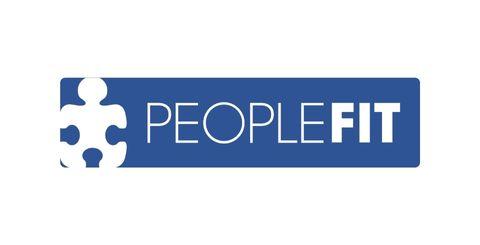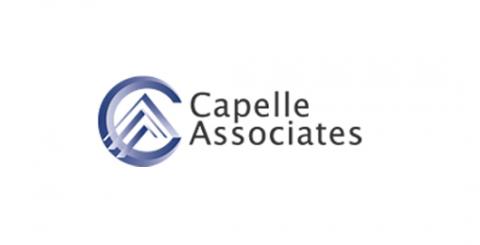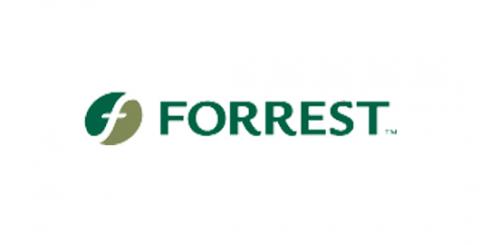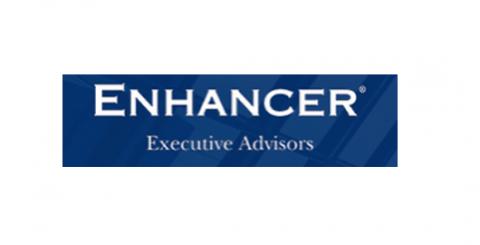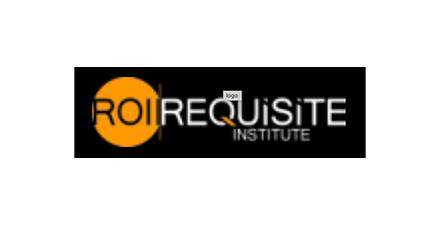
The Current Stage in Democratizing Knowledge and Information - A video interview with Warren Kinston in 2007 (4.5 minutes)
A video interview with Warren Kinston in 2007 (4.5 minutes)
Speaker A I believe that the idea that 98% of people work in organizations at sort of the figure quotio sort of like a horror to me, that I do not not believe that organizations are necessarily sort o...
Transcript of the presentation video
NOTE: This transcript of the video was created by AI to enable Google's crawlers to search the video content. It may be expected to be only 96% accurate.
Speaker A I believe that the idea that 98% of people work in organizations at sort of the figure quotio sort of like a horror to me, that I do not not believe that organizations are necessarily sort of healthy places even as currently imagined. I think they can be much, much healthier places.
Speaker B Right.
Speaker A That what there's been, is that throughout history the elites have had power. The elites, I'm talking about you and me. Right. The elites have had power and they've generally underestimated or devalued the potential and capabilities of the mass of people.
Speaker B Right.
Speaker A That is what I believe we have always been guilty of. And we really have to work hard not to. And I think we have to work hard for that not to be done. I don't think I'm a particularly arrogant person, but I do believe I suffer from the problems that people have had through the ages because it's simply just.
Speaker B The way it is.
Speaker A Just the way it is. You have to therefore work on these.
Speaker B Absolutely.
Speaker A What we've seen with modern technology, I think is a transformation and a democratization. I think, for example, if we look at the Wikipedia phenomenon and compare the Wikipedia to the Britannica, of course the Britannica has value and is important. But you have to understand and respect the Wikipedia phenomenon. It is something to be truly admired and it has its strength and it has its weaknesses, but that's true of mostly everything. There was a time when very few people read. What do people need to learn to read? And then we realized, why shouldn't everybody read, really? There was a time when very few people went to university. Most people go to university. Research was something for the elite. Well, if you look these days, a lot of the most important research breakthroughs taking place in the private sector, outside universities. My work didn't really find a home in the university and I went on, it was irrelevant. You go back, people made discoveries before there were universities. Ordinary people have tremendous creativity and creativity, right. And I believe that this is being released in ways we look, for example, in the world of music. And I know this bit because my daughter is a musician, the last thing she wants to do is be an employee in an orchestra. And of course, the new technology has permitted a vast number of bands to create, to make their own music, to publish and disseminate their own music to good on them. It's absolutely fantastic. I believe that we are having new forms of work, new forms of organization, new forms of relationships. And I would like to hope we will be moving to new forms of.
Speaker B Government because I don't think we'd be.
Speaker A Very all that proud of the way our current governments behave. This is the future we're moving into. I would certainly like to play a part in my own tiny way, wherever it is, in doing what can be good. I think we are in an era of transition. The world is now fundamentally to where.
Speaker B It was 40 years ago, 30 years ago.
Speaker A It's not just because we can see more films. It's basically the basic the basic mechanisms of communication have altered. And communication, as we said, is the number one step in moving from any sort of purpose or value or vision into the world. It's through communication that has now become cheap, easy.

Major organizations and consulting firms that provide Requisite Organization-based services




